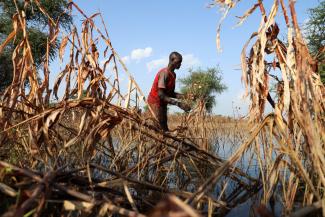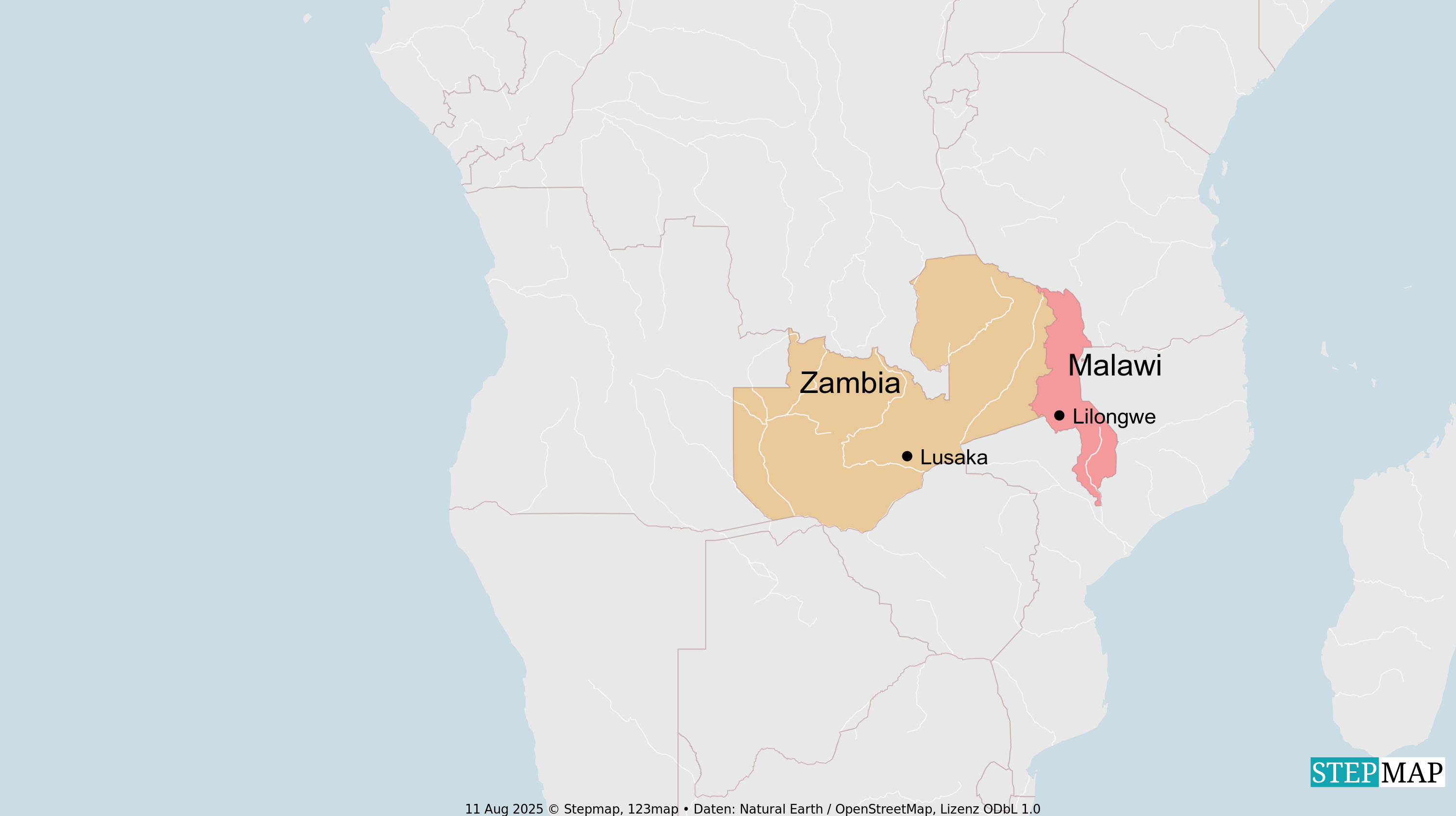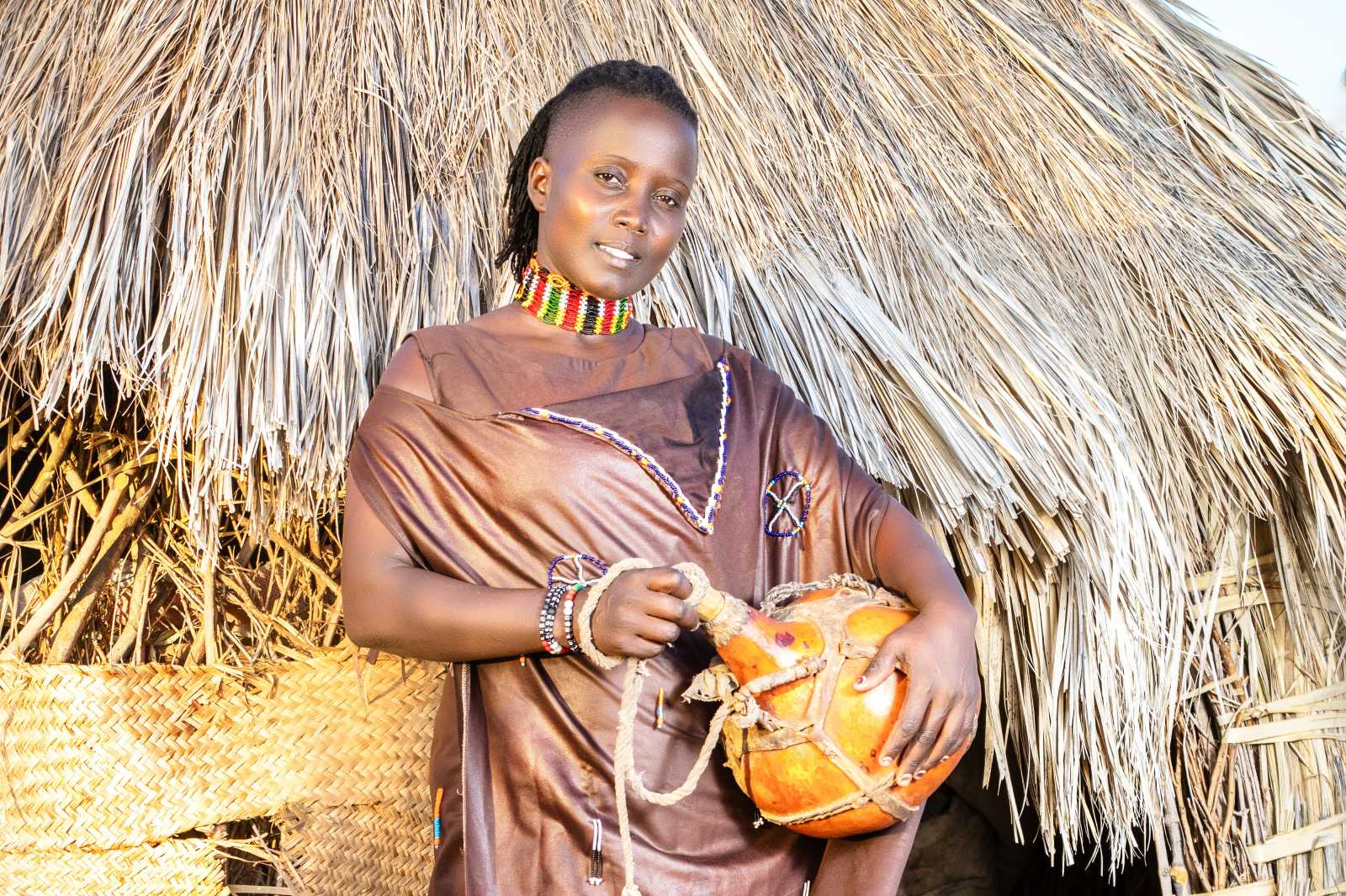Our view
Integrated rural development matters more than ever

The Financial Times recently reported that cocoa prices had reached a level not seen in four decades and the international sugar price had hit a 12-year high. The reason, according to the newspaper, was markets’ expectation of global supply declining due to climate impacts. The FT also pointed out that coffee prices were likely to rise further from an already high level.
Nobody starves when they do not get chocolate or coffee. However, consumers in high-income countries tend to pay attention to the prices of these goods, so increases feed inflation fears. The main tool central banks have for controlling inflation is raising interest rates. Food prices, however, hardly respond to interest-rate changes and are generally very volatile. Therefore, economists do not worry much about the cost of food items when assessing how dangerous inflation is. Accordingly, spiking food prices are an issue for agricultural policymaking, but not macroeconomic management.
In recent decades, agriculture has consistently produced enough food for feeding everyone. Nonetheless, about 10 % of the world population do not get enough to eat. Small-scale farmers are particularly affected by hunger and malnutrition. Their purchasing power, which is sometimes only slightly above zero, is so small that they rely on what they grow on their fields.
Integrated rural development
Development experts have therefore been discussing rural poverty for decades. In the 1980s, the general motto was “integrated rural development”. The basic idea was to do several things at once. The most important issues included – and still include:
- better support for farms in terms of advice, inputs and irrigation,
- better transport infrastructure to improve access to markets,
- better access to financial services and
- better healthcare and education to enable people to grasp opportunities.
Unfortunately, it is easier to demand integrated rural development than to actually get it started. Synergies only arise when progress in one area supports progress in others. And in view of the climate crisis, the challenges have actually become greater. Some farming inputs – in particular pesticides and fertilisers – must be used very sparingly, if at all.
In spite of many problems, scholars say integrated rural development can be done sustainably. Common sense tells us it must be done because things will fast become much more difficult if extreme weather events wipe out harvests in several of the world’s most important production areas at the same time. Once that happens, food prices will spike to unprecedented levels, and central banks will not be able to do anything about it. That means that agricultural investments today have a huge macroeconomic relevance in the long term.
Economists generally assume that everything stays equal apart from the variables they want to assess in a model they design. In our time of severe environmental crisis, this assumption has become obsolete – and so have some conventional economic models. If global boiling is allowed to continue, nothing will stay the same. If we don’t take action today, we will see more and worse calamities tomorrow.
Global food security depends on environmental protection, which in turn depends on investments in sustainability in each and every sector. Failure to act is recipe for disaster, with the cost of food rising to frightful levels. Coffee and chocolate prices will be of minor relevance for many consumers even in high-income countries.
Hans Dembowski is editor-in-chief of D+C/E+Z.
euz.editor@dandc.eu














